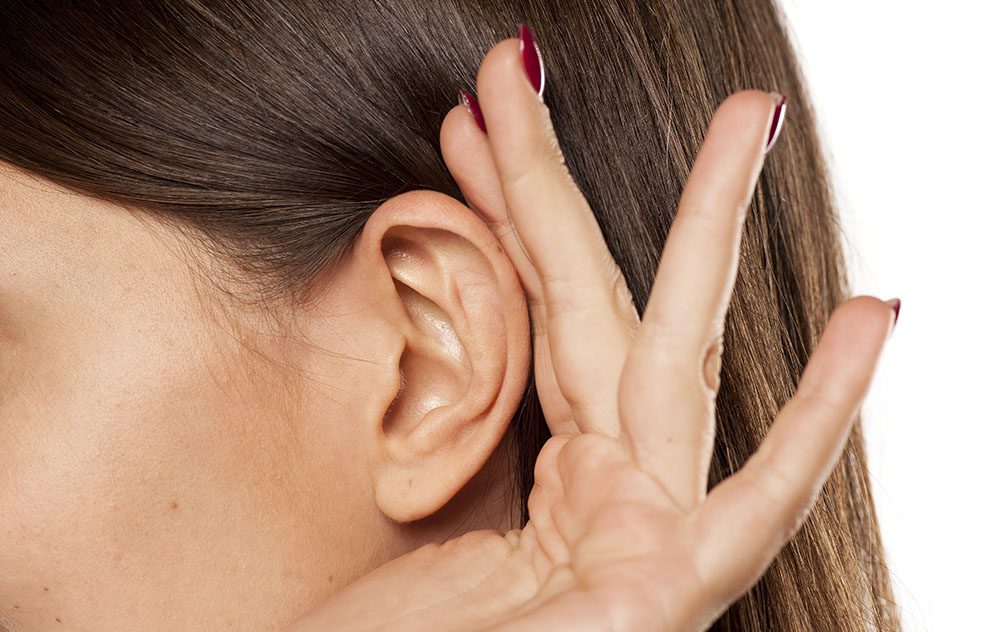Over-the-Counter (OTC) Hearing Aids
In 2017, the Food and Drug Administration (FDA) released its proposal to
Introducing our *NEW* Audiologist, Dr. Kim Mozingo! Learn more →


In 2017, the Food and Drug Administration (FDA) released its proposal to

Ear Wax is a common occurrence for healthy ears. The presence of some

Tinnitus is the perception of a sound that has no external source. Some of